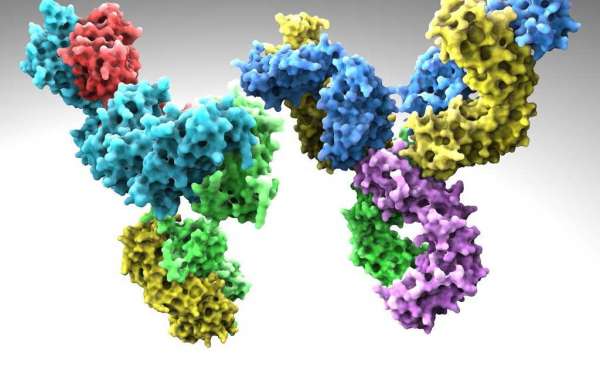There are several types of contraception available for women, which may be described as hormonal contraception and barrier contraception.
* "Hormonal approaches" include the release of estrogen and progestin into the body through oral, injectable, transdermal patches, or IUDs, which inhibit ovulation and cause changes in cervical mucus and endometrial lining to prevent pregnancy.
* "Physical barriers" are devices such as condoms, vaginal sponges, vaginal diaphragms, and cervical caps, which prevent sperm from entering the cervix and thereby prevent pregnancy.
Male contraception choices, on the other hand, are restricted to condoms and vasectomies. Condoms fail frequently, and surgical vasectomies aren't always effective.
Despite the availability of so many contraceptive methods, more than 40% of pregnancies worldwide are still unintended. A brief analysis of the causes suggests that this may be related to:
Hormonal contraceptives typically require long-term steady administration and medical supervision, as well as specific side effects that are difficult to manage, while, barrier contraceptives may fail owing to incorrect usage or other factors.
The "morning-after" pill, often known as emergency contraception, is probably the most well-known contraceptive, yet it may be extremely harmful to the body. High dosages of levonorgestrel or ulipristal acetate, which delay or halt ovulation, are routinely used. They can, however, produce adverse effects such as menstrual cycle disruption, dizziness, and nausea in addition to contraception.
Is there a form of contraception that is both effective and safe?
Antibody contraceptive method with 99.9% efficiency
Antibody capture of sperm is a novel contraceptive method presented by researchers at the University of North Carolina in Chapel Hill. The study, entitled "Engineering sperm-binding IgG antibodies for the development of an effective nonhormonal female contraception" that was published in the journal Science Translational Medicine, claims that an engineered antibody can catch human sperm with a 99.9% success rate for contraception.
Previous studies showed that certain antibodies in the vagina of some women are the culprit for their infertility. Last year, these researchers obtained some of these antibodies from female volunteers and subsequently removed the antigen-binding fragments which were then used to modify the IgG antibodies that showed a tendency to bind sperm. Recently, they added staggered amounts of antigen-binding fragments to the modified IgG antibodies. They then injected plasmids containing these IgG antibodies into human embryonic cells, resulting in the growth of cells expressing IgG with the modified antigen-binding fragments (IgG-expressing cells). Next, they tested the ability of their IgG-expressing cells to attract and bind sperm cells in a culture dish and found that they were 10 times stronger at capturing sperm cells than the original antibodies.
A solution containing IgG antibodies was injected into the vaginas of several sheep, followed by human sperm. Two minutes later, the researchers collected samples from the sheep's vaginas, and they found that the number of motile sperm in the experimental group decreased by 99.9% compared to the control group.
This is unquestionably a tremendous advantage for women, without any need to mess with their hormone levels or take the pill on a daily basis, which simply needs a drop of the antibody solution into the vaginal canal to obtain immediate contraception. It will certainly be a major advance in the contraceptive field!
These authors noted that more research is needed to determine if their technique could become a third method of contraception for women in the future. It is reported that the team has now started clinical trials in women after surgical sterilization to test the sperm capture ability in human body.







